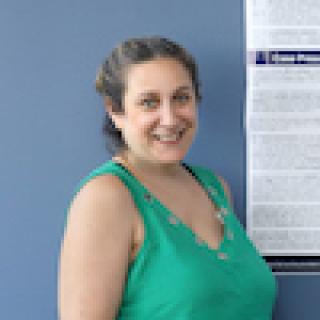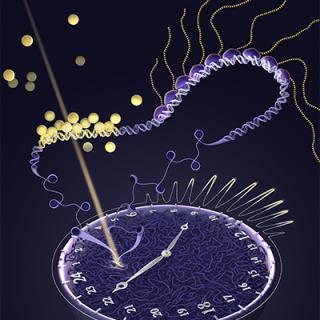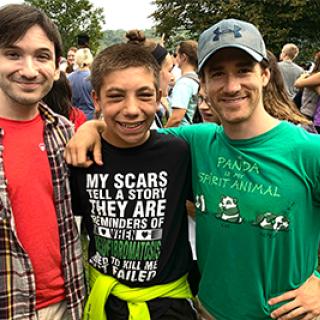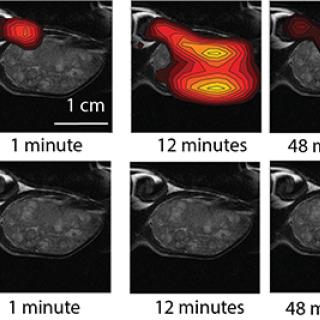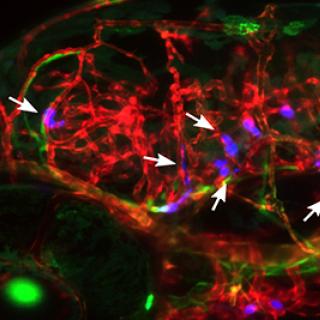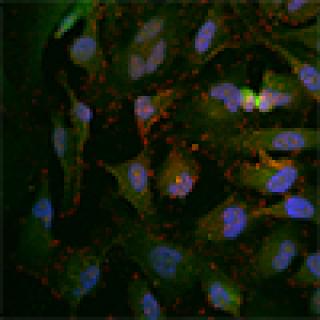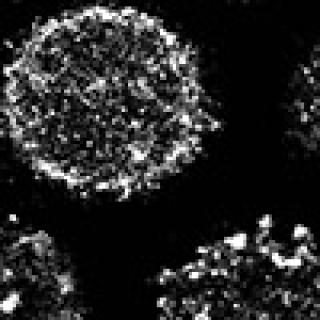News and Events
Celebrating CCR Careers: Steven Z. Pavletic, M.D., Ph.D.
Steven Z. Pavletic, M.D., Ph.D., is a renowned expert in chronic graft-versus-host disease, a serious late complication that can happen after allogeneic bone marrow transplants. After serving at the NCI for over 20 years, he is now announcing his retirement.
Read MoreMetastatic breast cancer survivor shares her clinical trial story
We’re celebrating breast cancer awareness month by sharing the story of Samantha Seinfeld, a metastatic breast cancer survivor who participated in a CCR first-in-human clinical trial over 10 years ago. Since then, she has remained cancer-free. Margaret Gatti-Mays, M.D., M.P.H., F.A.C.P., Assistant Research Physician in the Laboratory of Tumor Immunology and Biology, and James Gulley, M.D., Ph.D., Chief of the Genitourinary Malignancies Branch, are currently evaluating Samantha’s unusual immune response in hopes of improving the responses of other patients.
Read MoreDiversity of liver cancer cells can impede tumors’ response to immunotherapy
New research from the NCI’s Center for Cancer Research shows that understanding the impacts of cellular diversity on liver tumors’ microenvironment suggests ways to make immunotherapy effective for more patients.
Read MoreAdvanced imaging technology reveals pulsed hormone release regulates gene transcription
Using advanced microscopic imaging technology, CCR investigators have correlated a pulsed pattern of hormone release with bursts of transcription, the process in which the genetic information encoded by DNA is written into RNA. They are the first researchers to observe this process at a gene-specific level.
Read MoreTumor composition of melanoma indicates potential responses to immunotherapy
The number of genetic mutations in a tumor is thought to influence how well melanoma may respond to immunotherapy, but new research in mice and supported by preliminary human data reveals that the diversity of mutations within a tumor may be a better indicator of response to therapy.
Read MoreNeurofibromatosis type 1 patient attends Camp Fantastic for the first time
Thirteen-year-old Dom was diagnosed with neurofibromatosis type 1 at birth. Because of Dom’s diagnosis, he hasn’t always had the opportunity to do the things the average teenager does, but his first year at Camp Fantastic changed that. Camp Fantastic, an annual week-long camp for pediatric cancer patients and survivors, gave Dom the opportunity to try lots of new things and some familiar ones in a setting of support, safety and friendship.
Read MoreFDA grants breakthrough therapy designation for new CAR T-cell therapy for B-cell acute lymphoblastic leukemia
In August 2019, the U.S. Food and Drug Administration granted breakthrough therapy designation to an experimental immunotherapy being developed in the Center for Cancer Research (CCR) for the treatment of B-cell acute lymphoblastic leukemia (ALL), a type of blood cancer. The designation will advance CCR’s development and testing of an immunotherapy for children and young adults whose B-cell ALL is resistant to CD19-targeted immunotherapies.
Read MoreResearchers develop a new imaging technique to measure cancer metabolism
CCR researchers have developed a new technique to show metabolism from MRI images by reducing the amount of noise in those images, resulting in significantly improved quality. This breakthrough enables researchers to see biochemical processes, paving the way for a deeper understanding of tumors and potentially improved diagnosis and treatment.
Read MoreTumor cells in transparent fish reveal physical and molecular factors that determine metastasis sites
CCR researchers used zebrafish to discover that particular sites colonized by migrating tumor cells are determined by both the physical architecture of tissue and the cells’ molecular compatibility with their microenvironment.
Read MoreFDA grants breakthrough therapy designation of new TIL therapy for advanced cervical cancer
In May 2019, the FDA granted breakthrough therapy designation to a tumor-infiltrating lymphocyte (TIL) therapy technology known as LN-145 to treat advanced cervical cancer based on data presented by CCR collaborator Iovance Biotherapeutics.
Read MoreIn patients with severe chronic lymphocytic leukemia, B cells get stuck in hyperactive mode
Analyzing how cancer cells respond to stress signals could help clinicians assess the severity of disease in patients with chronic lymphocytic leukemia, according to new research from the Center for Cancer Research, Memorial Sloan Kettering Cancer Center and the National Heart, Lung and Blood Institute.
Read More
